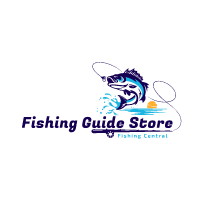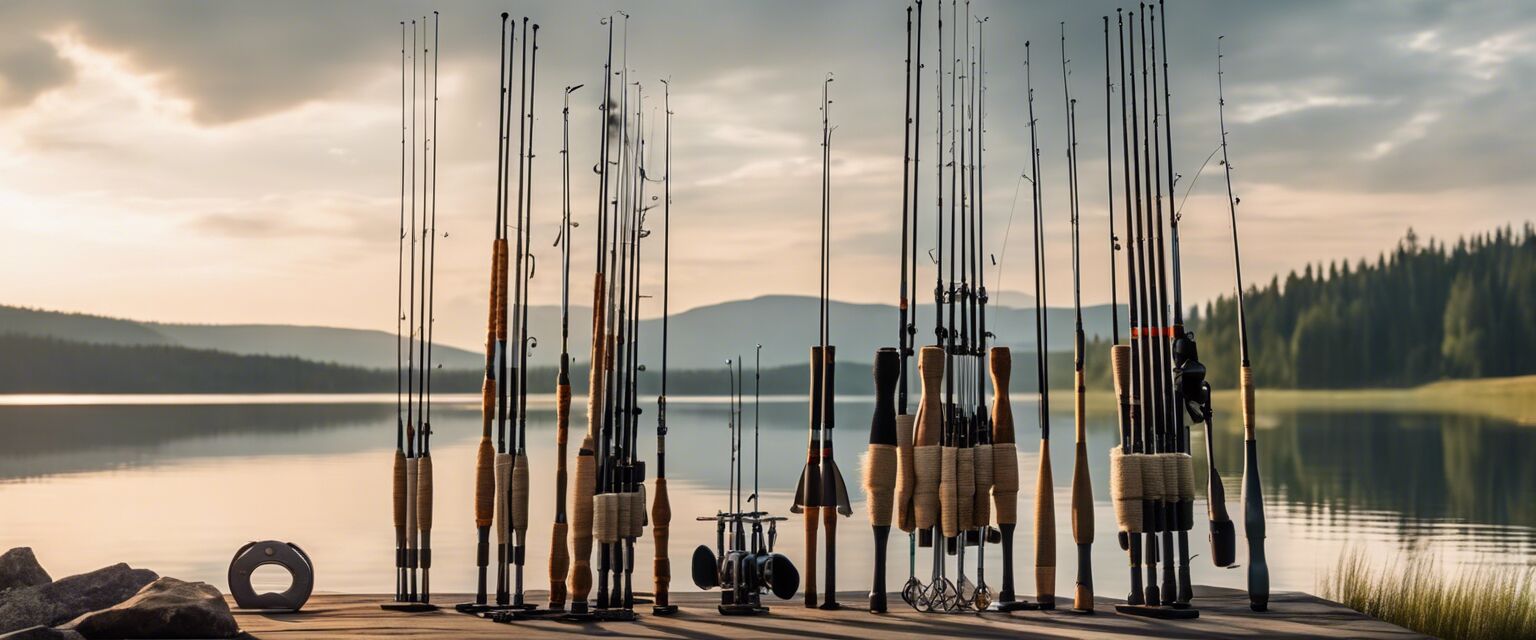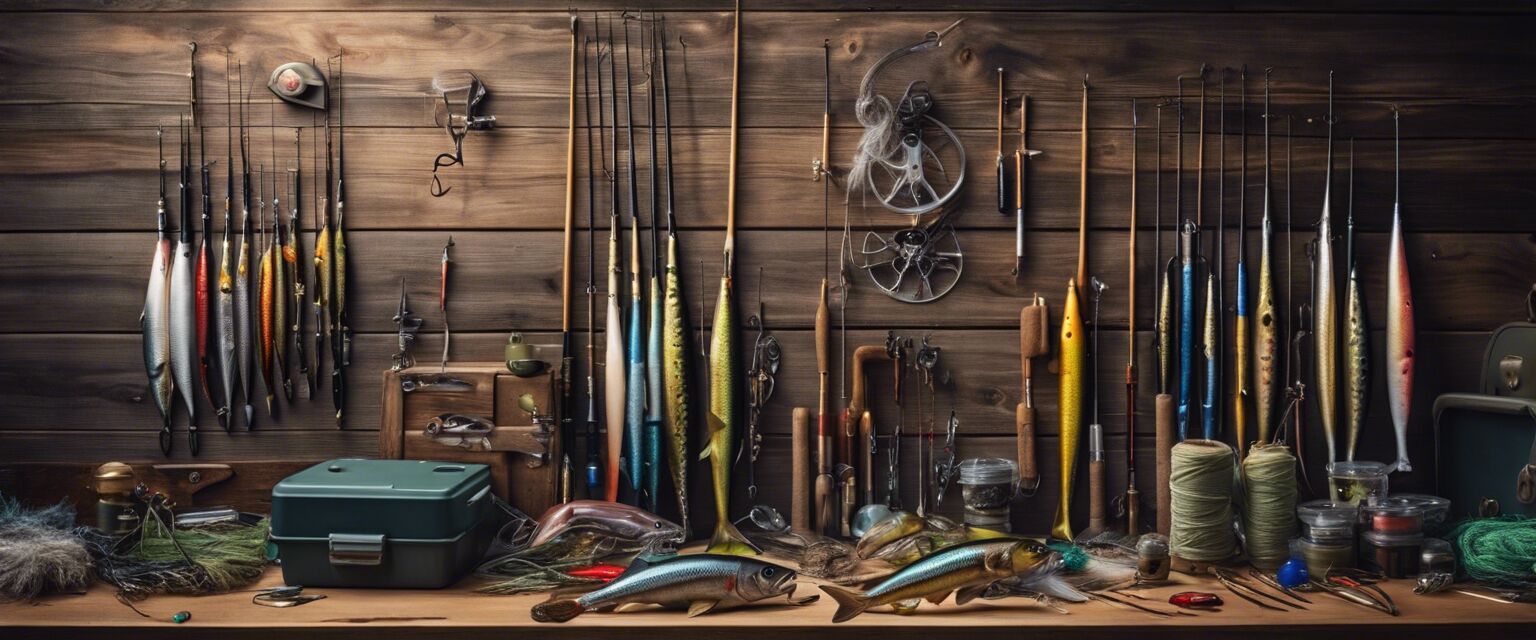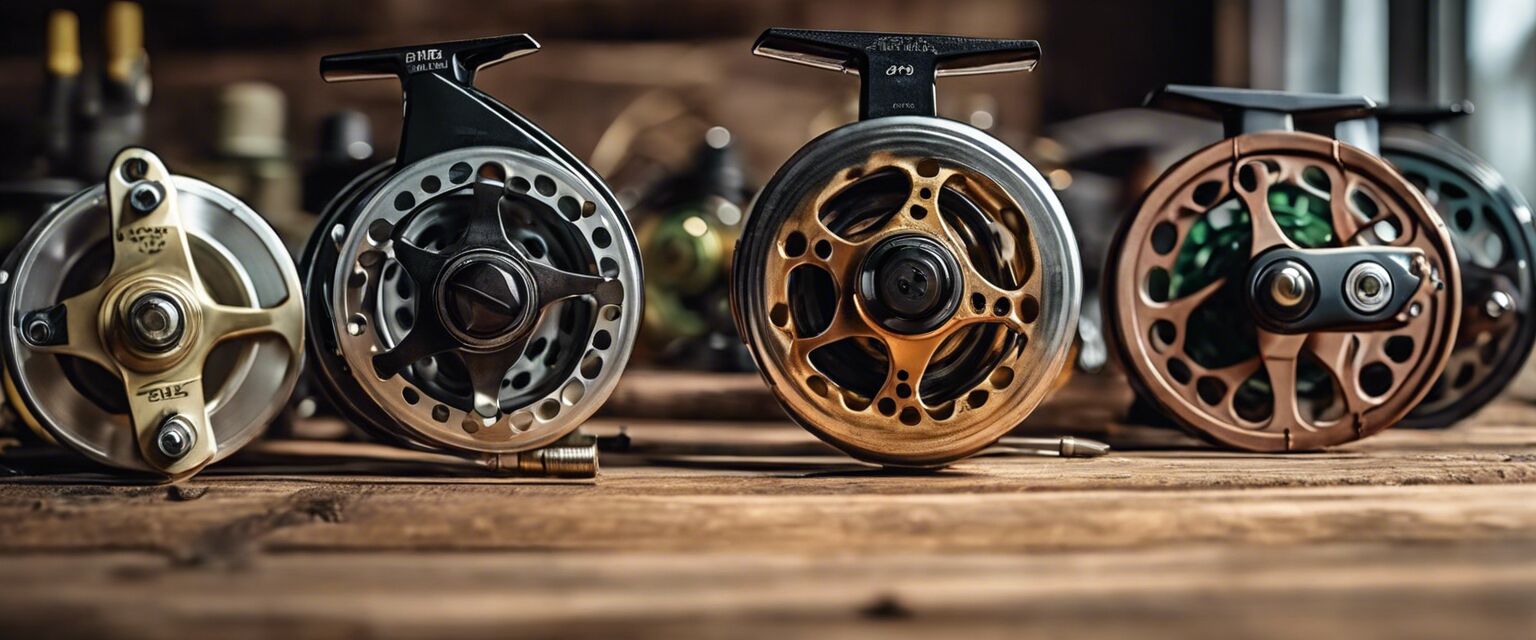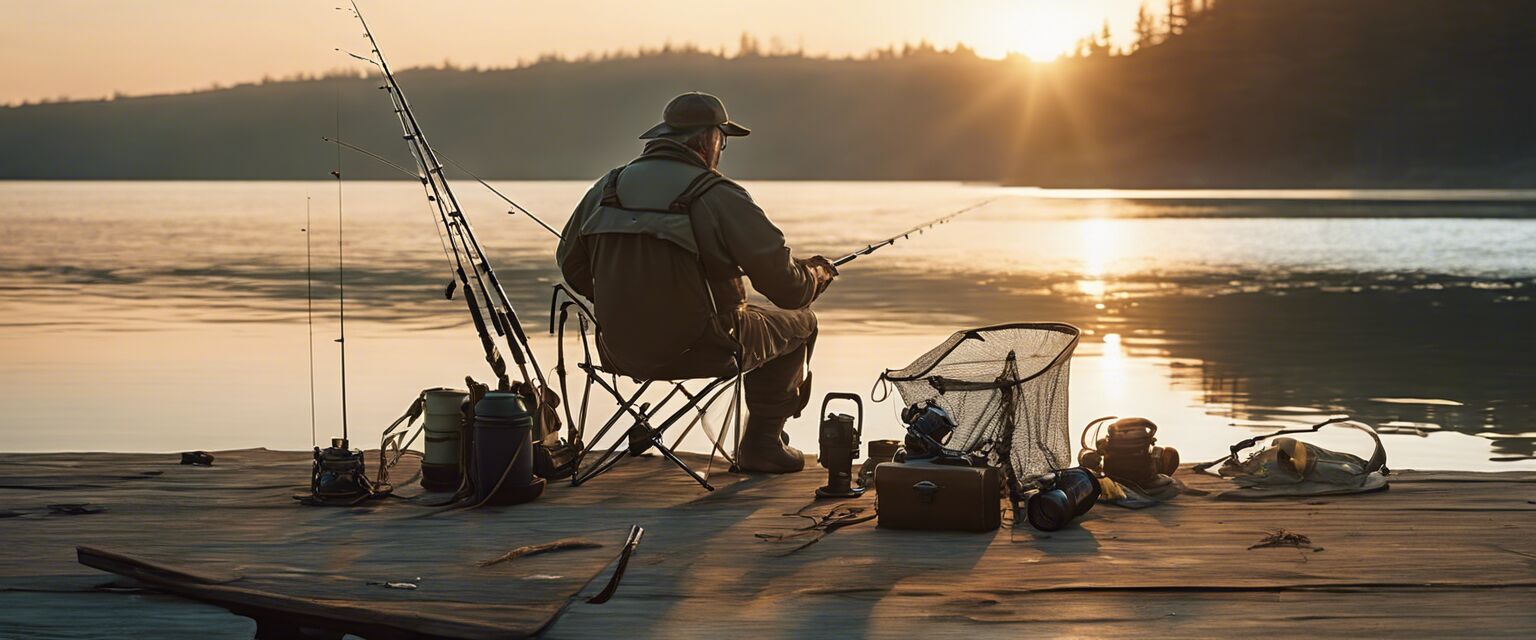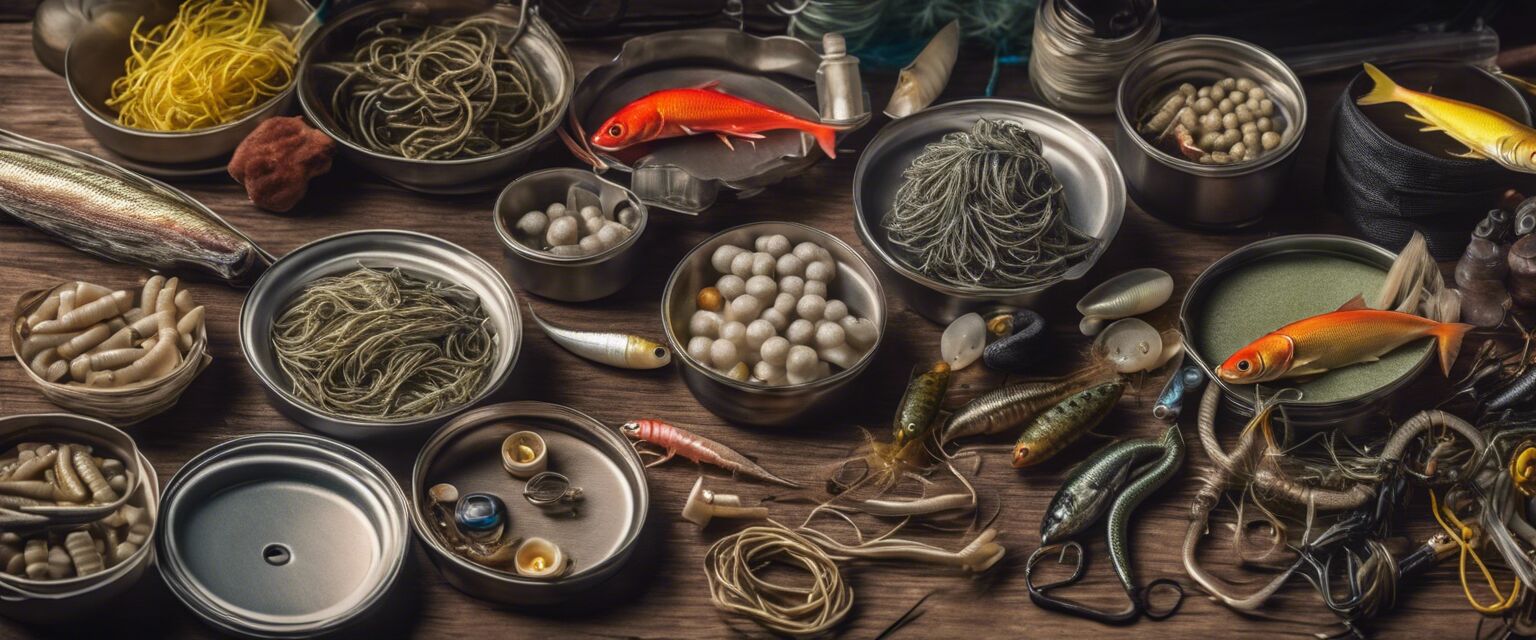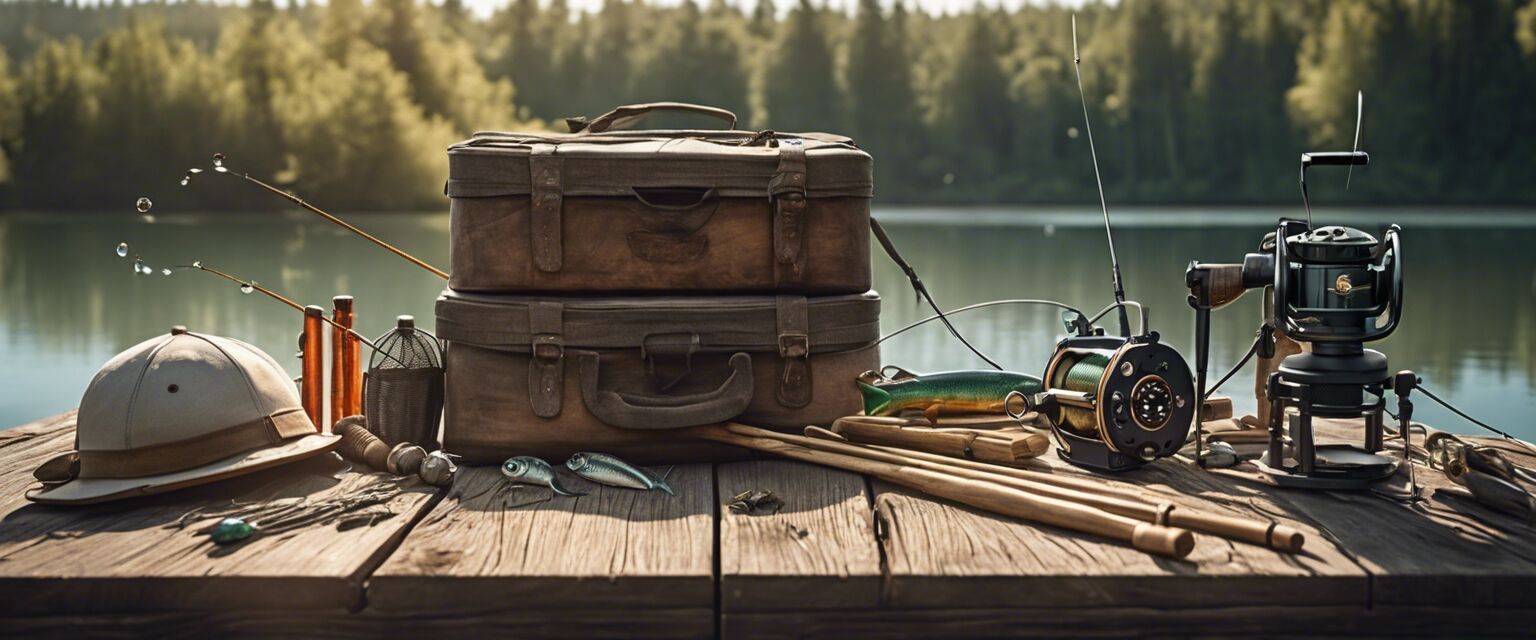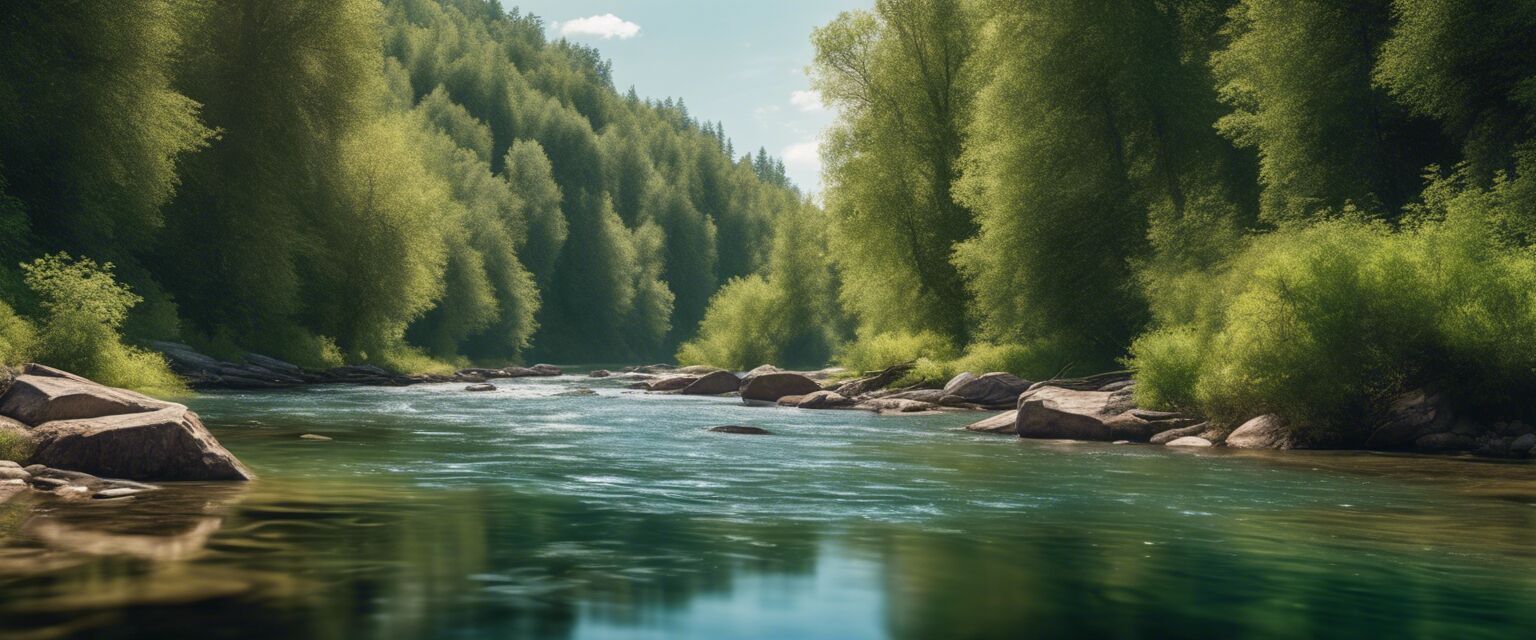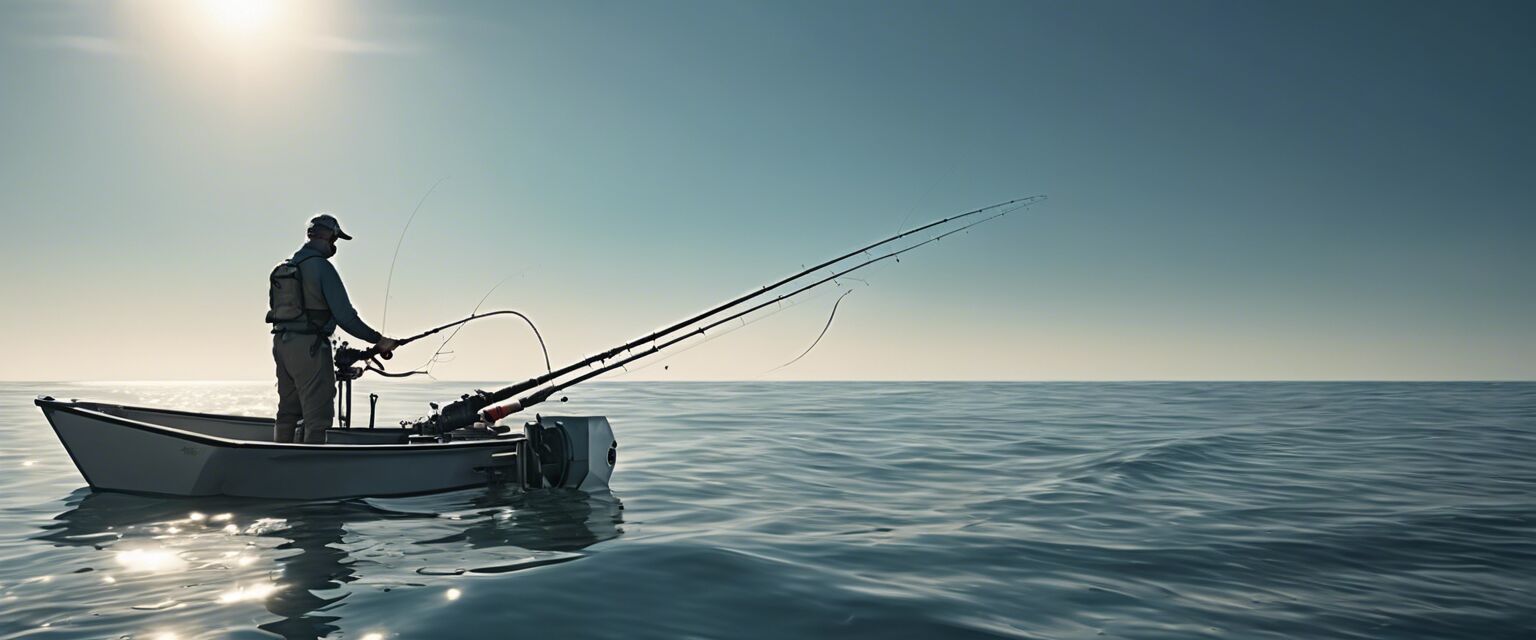
Saltwater Fishing
Key Takeaways
- Understanding the type of saltwater fish is crucial for a successful catch.
- Proper gear selection enhances your fishing experience.
- Safety measures are essential when fishing in saltwater environments.
- Different techniques can be employed depending on the fishing location.
Saltwater fishing offers an exhilarating experience for anglers of all skill levels. Whether you're casting from a pier, a boat, or the shore, understanding the nuances of saltwater fishing can significantly enhance your adventure. From choosing the right gear to mastering various techniques, this guide covers everything you need to know to fish like a pro in saltwater.
Understanding Saltwater Environments
Saltwater fishing can take place in various environments, including oceans, seas, and estuaries. Each location has its unique characteristics, influencing the types of fish available and the techniques used. Here's a brief overview of common saltwater fishing environments:
| Environment | Description | Common Fish |
|---|---|---|
| Oceans | Wide open water with varying depths and currents. | Tuna, Marlin, Mackerel |
| Estuaries | Where freshwater meets saltwater; rich in nutrients. | Flounder, Striped Bass, Snook |
| Coastal Areas | Shallow waters near the shore, often with structures. | Redfish, Tarpon, Snapper |
Essential Gear for Saltwater Fishing
Having the right gear is vital for successful saltwater fishing. Below is a list of essential items you should consider:
- Fishing Rod: Choose a rod suited for saltwater fishing, typically longer and more robust.
- Fishing Reel: A corrosion-resistant reel is essential for durability.
- Line: Use a heavier line, usually braided, for better strength against larger fish.
- Bait and Lures: Live bait works well; lures can vary based on targeted species.
- Fishing Tackle: Ensure you have a variety of hooks, weights, and other tackle.
Fishing Rods and Reels
When selecting fishing rods and reels, it's essential to match them with the type of fish you're targeting. For example, heavier rods and reels are excellent for larger species, while lighter setups are ideal for smaller fish.
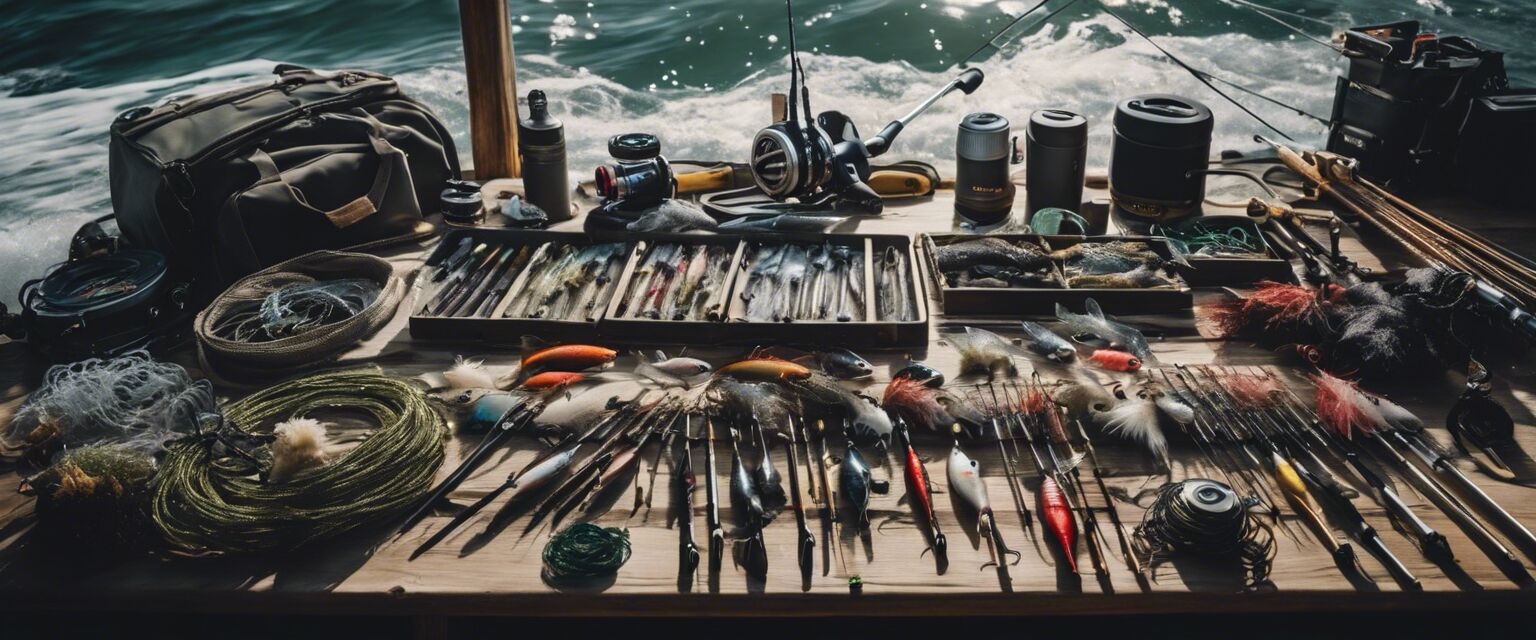
Techniques for Saltwater Fishing
There are various techniques you can employ for saltwater fishing, including:
- Bottom Fishing: Targeting fish that dwell near the ocean floor.
- Surf Fishing: Casting from the shoreline into the surf.
- Offshore Fishing: Going further out to catch larger fish.
- Fly Fishing: Using artificial flies to catch fish, often in shallow waters.
Safety Tips for Saltwater Fishing
Safety should always be a priority when fishing in saltwater. Here are some important tips:
- Always wear a life jacket when on a boat.
- Be aware of weather conditions and tides.
- Use sunscreen and protective clothing to prevent sunburn.
- Stay hydrated, especially on warm days.
- Know the local regulations regarding fishing limits and protected species.
Beginner's Tips
- Start with simple techniques and gradually try more advanced methods.
- Join local fishing groups to learn from experienced anglers.
- Practice casting regularly to improve your skills.
- Be patient; fishing often requires time and persistence.
Conclusion
Saltwater fishing can be a rewarding and exciting adventure. By understanding the various environments, gear, techniques, and safety measures, you can enhance your fishing experience significantly. Whether you're a novice or a seasoned angler, the ocean offers a vast playground filled with opportunities for success.
Pros
- Wide variety of fish species available.
- Beautiful and diverse fishing environments.
- Opportunities for both relaxation and excitement.
Cons
- Can be expensive due to gear and boat costs.
- Weather conditions can affect fishing plans.
- Requires knowledge of local regulations and safety measures.
Related Topics
For more information on specific aspects of fishing, check out these pages:
